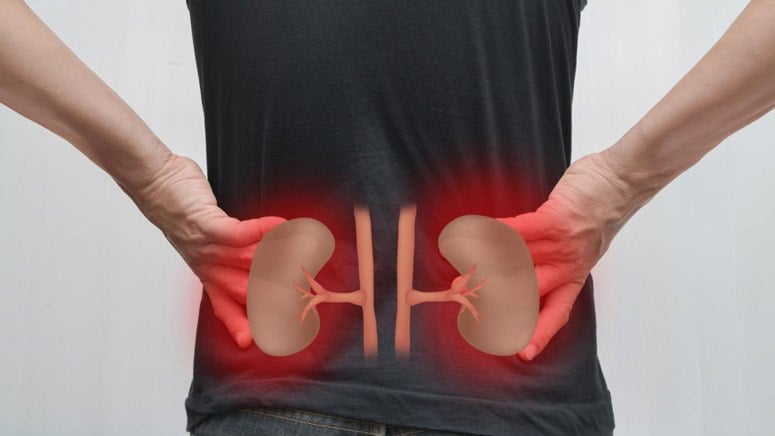Facts about Kidney Failure

The kidneys are two bean-shaped organs in the body that are responsible for filtering waste out of the blood. They regulate blood pressure, electrolyte balance, and red blood cell production. Kidney failure [1] results in the accumulation of waste and excess fluid that can cause lethargy, weakness, shortness of breath, swelling, heart rhythm disorders, and death.
Kidney failure doesn’t often happen out of the blue. It is usually the result of years of gradual degradation through kidney disease. Chronic kidney disease occurs when the kidneys can no longer efficiently remove waste and toxic materials from the blood. The occurrence [2] of chronic kidney disease is usually slow and gradual, but it can also happen suddenly.
Chronic kidney disease is broken into stages, each one more severe than the former. In its early stages, there are usually no symptoms and the kidneys still function nearly as normal. Late-stage kidney disease can significantly impair or completely halt the function of the kidneys. This is what is known as kidney failure. Kidney disease caught in its early stages can be helped by treating the underlying cause. In other cases, the progression cannot be stopped, and damage is irreversible.
There are five major stages of kidney failure. This article discusses them.













